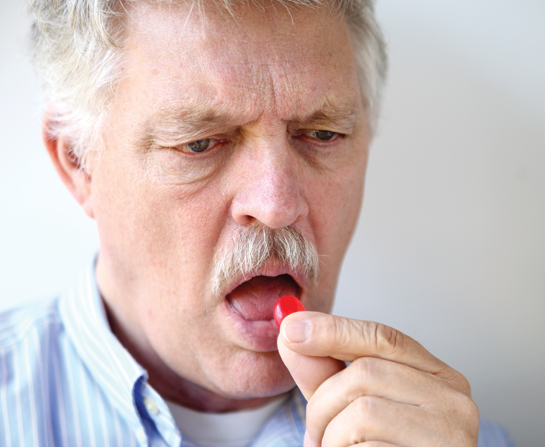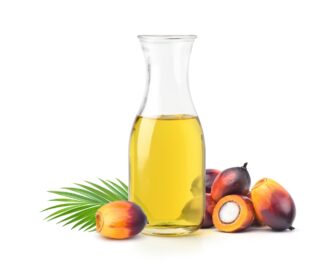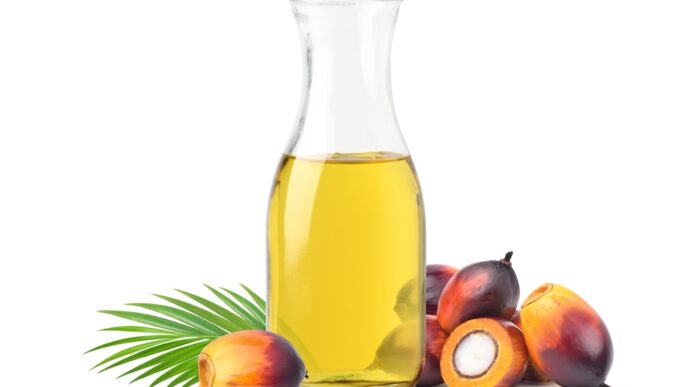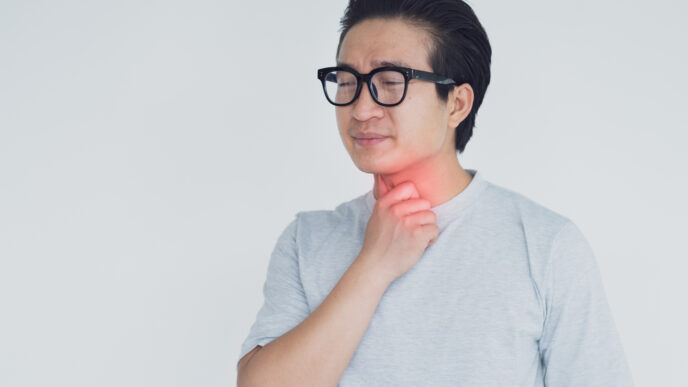Your Liver is What You Eat
April 28, 2022 Return
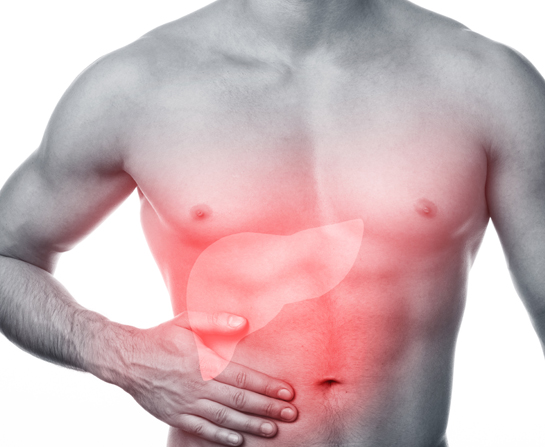
We often hear people talking about medical conditions such as heart failure, lung disease and breast cancer. And rightly so, considering these ailments are a few of the world’s leading killers. But there is another ‘killer’ on the prowl – and it is none other than liver disease. So, when was the last time we paid attention to our liver? Most of us might say that it was a long time ago while for some, it might have been “never”. If this is you, it’s time to buck up and begin caring for your liver.
Liver 101
Our liver deserves more credit than most of us give it for. A key component of our digestive system, it helps remove toxins from our body. It also produces bile, the substance required for breaking down fat in the food we consume. Other functions include defending against infections, aiding blood clotting, regulating our body’s cholesterol and reproductive hormones. But those listed are just the tip of the iceberg. Our liver has more than 500 functions! This is why it’s so crucial for our liver to stay healthy.
Here’s a rundown on steps to improve your liver health:
- Consume alcohol moderately (women: one unit daily, men: two units daily) as excessive alcohol intake can result in cirrhosis. Even better, abstain from alcohol.
- Get vaccinated against hepatitis A and B. As of now, there is no vaccine available for hepatitis C.
- Get screened. Hepatitis typically doesn’t give off symptoms so it’s likely that you won’t know you are infected unless you get tested.
- Avoid sharing toothbrushes or razors as hepatitis B and C spreads via bodily fluids and blood.
- Never mix alcohol with medicines as the combination can damage your liver. Take your medication as prescribed by your doctor.
- Maintain a healthy BMI (body mass index) by eating well-balanced meals (consume less fatty foods, more high-fibre foods) and exercising regularly (at least 150 minutes of physical activity per week). Excess fat is stored in the liver and a gradual accumulation may result in fatty liver disease.
- Supplement your diet. It can be difficult obtaining the nutrients our body needs from our diet alone. Supplements containing minerals like phospholipid, zinc and chromium can improve liver health. For instance, chromium helps facilitate the breakdown of glucose and fats whereas phospholipid aids cholesterol metabolism. To find out more about the supplements which can benefit your liver, consult your doctor or pharmacist.
References:
Canadian Liver Foundation. Available at www.liver.ca
Healthy Xchange. Available at www.healthxchange.com.sg
Mayo Clinic. Available at www.mayoclinic.org
WebMD. Available at www.webmd.com
If you like this article, do subscribe here.

